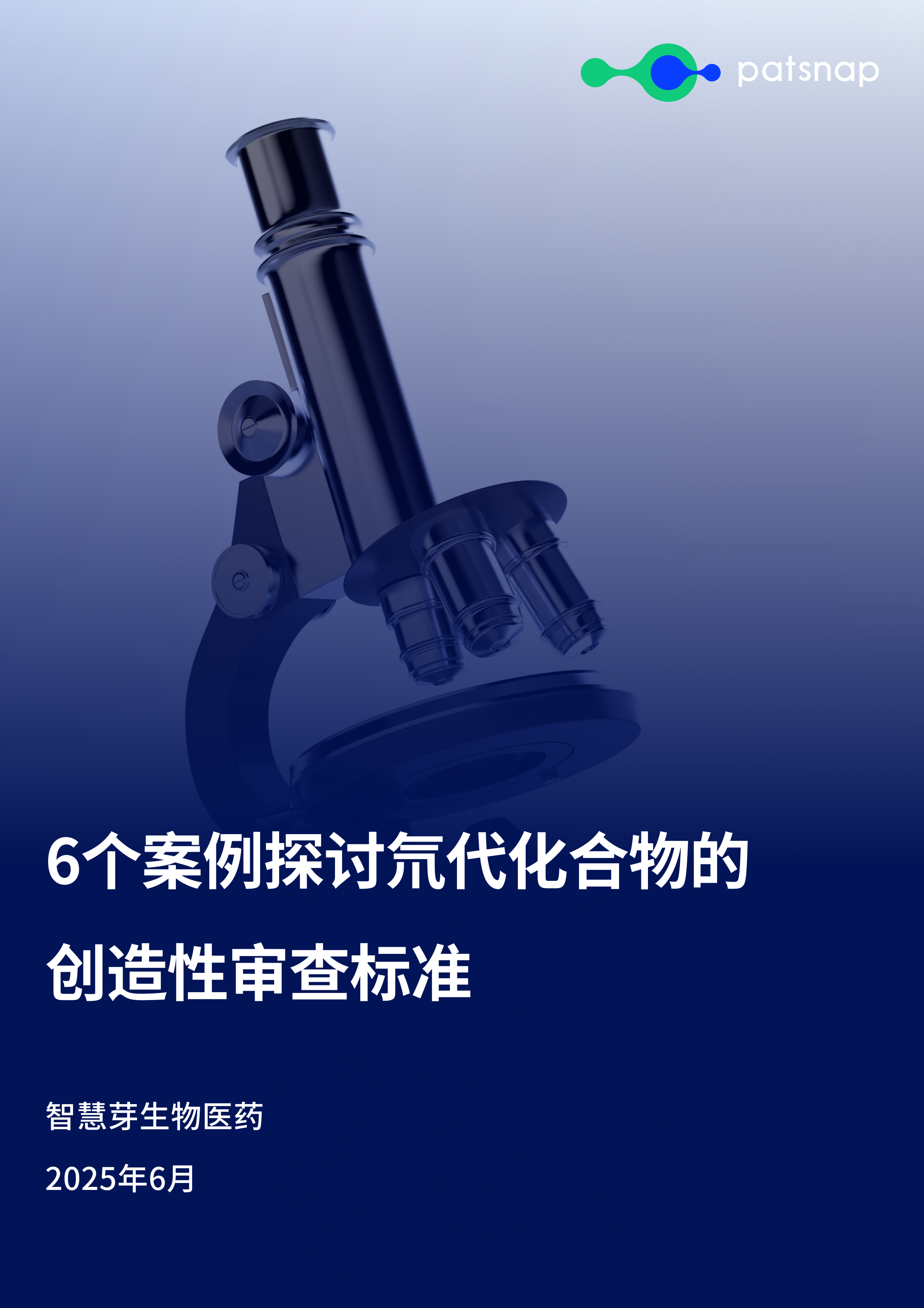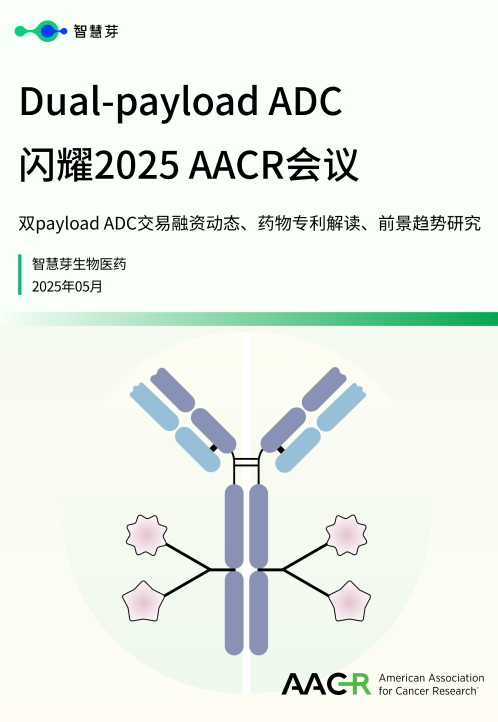预约演示
Sweetened drinks linked to atrial fibrillation risk
2024-03-05
AHA会议临床研究
An analysis of health data in the UK Biobank found a 20% higher risk of irregular heart rhythm, known as atrial fibrillation, among people who said they drank two liters or more per week (about 67 ounces) of artificially sweetened drinks. The risk was 10% higher among people who said they drank similar amounts of sugar-sweetened beverages.
Adults who reported drinking two liters (about 67 ounces) or more of sugar- or artificially sweetened drinks per week had a higher risk of an irregular heart rhythm known as atrial fibrillation compared with adults who drank fewer such beverages, according to new research published today in Circulation: Arrhythmia and Electrophysiology, a peer-reviewed journal of the American Heart Association.
The study also found that drinking one liter (about 34 ounces) or less per week of pure, unsweetened juice, such as orange or vegetable juice, was associated with a lower risk of atrial fibrillation (AFib). However, the study could not confirm whether the sweetened drinks caused AFib, yet the association remained after accounting for a person's genetic susceptibility to the condition.
Consuming sweetened drinks has been linked to Type 2 diabetes and obesity in previous research. This large study of health data in the UK Biobank is among the first to assess a possible link between sugar- or artificially sweetened beverages and AFib. Atrial fibrillation is a condition in which the heart beats irregularly, increasing the risk of stroke by five-fold. More than 12 million people are expected to have AFib by 2030, according to the American Heart Association's 2024 Heart Disease and Stroke Statistics.
"Our study's findings cannot definitively conclude that one beverage poses more health risk than another due to the complexity of our diets and because some people may drink more than one type of beverage," said lead study author Ningjian Wang, M.D., Ph.D., a researcher at the Shanghai Ninth People's Hospital and Shanghai Jiao Tong University School of Medicine in Shanghai, China. "However, based on these findings, we recommend that people reduce or even avoid artificially sweetened and sugar-sweetened beverages whenever possible. Do not take it for granted that drinking low-sugar and low-calorie artificially sweetened beverages is healthy, it may pose potential health risks."
Researchers reviewed data from dietary questionnaires and genetic data for more than 200,000 adults free of AFib at the time they enrolled in the UK Biobank, between 2006 and 2010. During the nearly 10-year follow-up period, there were 9,362 cases of AFib among the study participants.
The analysis found:
"These novel findings on the relationships among atrial fibrillation risk and sugar- and artificially sweetened beverages and pure juice may prompt the development of new prevention strategies by considering decreasing sweetened drinks to help improve heart health," Wang said.
Researchers also evaluated whether a genetic susceptibility to AFib was a factor in the association with sweetened beverages. The analysis found the AFib risk was high with the consumption of more than 2 liters of artificially sweetened drinks per week regardless of genetic susceptibility.
"Although the mechanisms linking sweetened beverages and atrial fibrillation risk are still unclear, there are several possible explanations, including insulin resistance and the body's response to different sweeteners," Wang said. "Artificial sweeteners in food and beverages mainly include sucralose, aspartame, saccharin and acesulfame."
A 2018 science advisory from the American Heart Association noted that there is a scarcity of large, long-term, randomized trials on the efficacy and safety of artificial sweeteners. The writing group advised against prolonged consumption of low-calorie sweetened beverages by children; however, they noted artificially sweetened drinks may be a useful replacement strategy to reduce consumption of sugar-sweetened beverages among adults who habitually drink a high number of sugar-sweetened drinks.
American Heart Association nutrition committee member Penny M. Kris-Etherton, Ph.D., R.D., FAHA, said these findings on artificially sweetened beverages are surprising "given that two liters of artificially sweetened beverages a week is equivalent to about one 12-ounce diet soda a day."
Kris-Etherton, an emeritus professor of nutritional sciences at Penn State University, was a co-author of the association's science advisory on artificial sweeteners.
"This is the first study to report an association between no- and low-calorie sweeteners and also sugar-sweetened beverages and increased risk of atrial fibrillation," she said. "While there is robust evidence about the adverse effects of sugar-sweetened beverages and cardiovascular disease risk, there is less evidence about adverse health consequences of artificial sweeteners.
"We still need more research on these beverages to confirm these findings and to fully understand all the health consequences on heart disease and other health conditions. In the meantime, water is the best choice, and, based on this study, no- and low-calorie sweetened beverages should be limited or avoided."
The American Heart Association's 2016 dietary guidelines align with the U.S.D.A.'s 2020-2025 Dietary Guidelines for Americans in suggesting sugar-sweetened beverage consumption be minimized; they also note there is unclear evidence of the role of no- and low-calorie sweeteners on many health outcomes. The American Heart Association recommends limited intake of sugar-sweetened beverages, such as such as soft drinks, fruit drinks, sports drinks, energy drinks, sweetened teas and coffee drinks. Healthy beverage options noted are water and fat-free or low-fat milk, while unsweetened fresh, frozen or packaged fruit juice is recommended instead of fruit juice with added sugar. A half cup of pure juice (such as orange juice or grapefruit juice) is recognized as one fruit serving.
Study background and details:
The limitations of this study include that the findings were observational and cannot prove causation between consumption of certain types of beverages and AFib risk. In addition, the findings relied on participants to recall their own diets, so there may have been memory errors or bias. It is also unknown if the sugar- and artificially sweetened drinks contained caffeine.
更多内容,请访问原始网站
文中所述内容并不反映新药情报库及其所属公司任何意见及观点,如有版权侵扰或错误之处,请及时联系我们,我们会在24小时内配合处理。
靶点
-药物
Eureka LS:
全新生物医药AI Agent 覆盖科研全链路,让突破性发现快人一步
立即开始免费试用!
智慧芽新药情报库是智慧芽专为生命科学人士构建的基于AI的创新药情报平台,助您全方位提升您的研发与决策效率。
立即开始数据试用!
智慧芽新药库数据也通过智慧芽数据服务平台,以API或者数据包形式对外开放,助您更加充分利用智慧芽新药情报信息。



